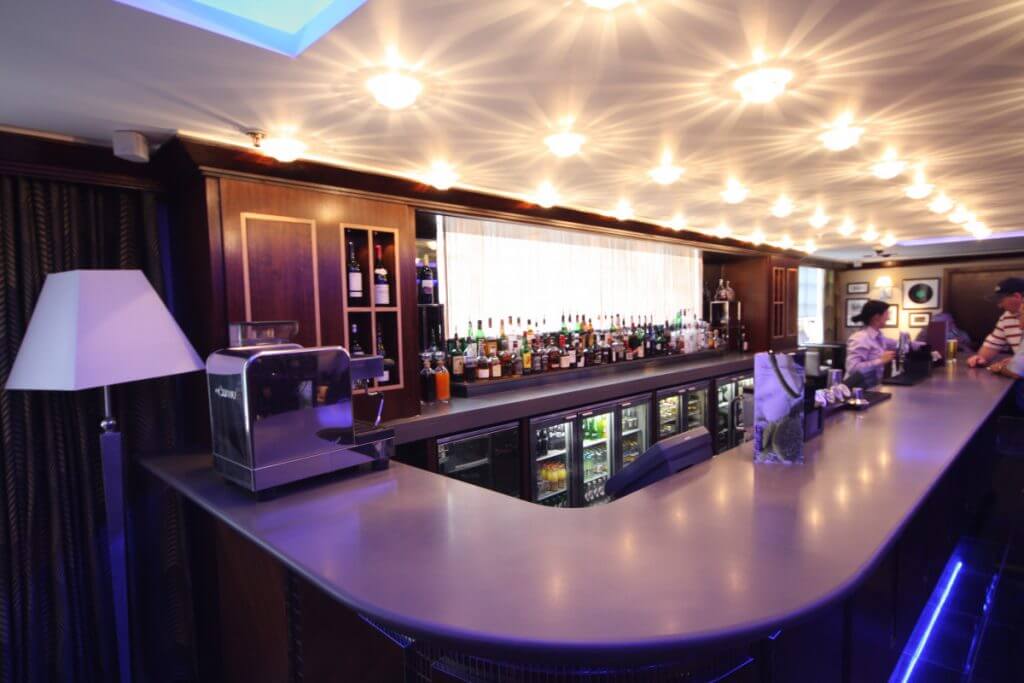Joinery is a craft that has been fundamental to construction and design for centuries. At its core, joinery involves the skilled assembly of wooden components to create structures, furniture, and decorative elements. From custom cabinetry to intricate staircases, joinery plays a vital role in shaping functional and aesthetically pleasing spaces. But what exactly does joinery entail, and why is it so important in modern design and construction?
Understanding Joinery
Joinery refers to the art and science of connecting pieces of wood to form a sturdy, cohesive structure. Unlike carpentry, which often involves on-site work and broader construction tasks, joinery is typically performed in a workshop environment, where precision and detail are paramount. Joinery encompasses a wide range of techniques, including:
- Dovetail Joints: Ideal for drawers and boxes, known for their strength and durability.
- Mortise and Tenon Joints: Common in traditional furniture and framing due to their time-tested stability.
- Mitre Joints: Used in picture frames and decorative trims for a clean, seamless look.
- Tongue and Groove Joints: Perfect for flooring and paneling, ensuring a tight fit and smooth finish.
These techniques showcase the expertise required in joinery, combining functionality with artistry.
The Importance of Joinery
1. Durability and Longevity
Joinery ensures that wooden structures and furniture are built to last. High-quality joinery techniques create strong connections between wood components, reducing the likelihood of wear and tear over time. This durability is especially important for items like staircases, doors, and cabinetry that experience daily use.
2. Aesthetic Appeal
Joinery contributes to the visual appeal of any space. Bespoke joinery allows for intricate designs and customised finishes that can elevate the look of interiors, adding character and charm. Whether it’s a handcrafted bookcase or a sleek modern kitchen, joinery brings a unique touch that mass-produced items often lack.
3. Maximising Space
Custom joinery solutions are invaluable in optimising space. Built-in furniture, storage solutions, and bespoke fittings are tailored to specific dimensions, making them perfect for awkward layouts or small spaces. Joinery transforms underutilised areas into practical and stylish features.
4. Sustainability
With growing awareness of environmental impact, joinery plays a role in sustainable design. Using responsibly sourced wood and crafting long-lasting pieces reduces waste and promotes eco-friendly practices. Many joinery companies also incorporate recycled or reclaimed timber to further minimise their ecological footprint.
5. Enhancing Property Value
High-quality joinery can significantly boost the value of a property. Features like custom kitchens, fitted wardrobes, and elegant staircases not only enhance functionality but also appeal to prospective buyers or tenants, making them worthwhile investments.
Why Choose Professional Joinery Services?
While DIY projects can be rewarding, professional joinery services offer expertise, precision, and access to premium materials. Skilled joiners have the tools and knowledge to bring complex designs to life while ensuring structural integrity and a flawless finish. At D&I Joinery, we pride ourselves on delivering bespoke joinery solutions tailored to your needs, combining craftsmanship with innovation.
Conclusion
Joinery is much more than just connecting pieces of wood; it is an art form that shapes the spaces where we live, work, and gather. Its importance lies not only in its practicality but also in its ability to add beauty, value, and sustainability to any environment. Whether you’re planning a renovation or looking for custom furniture, investing in quality joinery is a decision that will stand the test of time.
Explore the possibilities with D&I Joinery and discover how our expertise can transform your vision into reality. Contact us today to learn more about our bespoke joinery services!



You must be logged in to leave a reply.